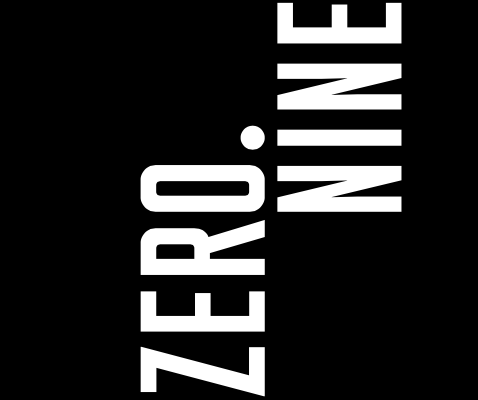ICONS

ICONS – Thomas Hoepker: Objective Realities
Hoepker was the defining photojournalist of the past century. He took arguably the most prescient photo of 9/11 still in the collective conscience and worked with a clarity that cut through some of the most complex political events of the 20th century. He didn’t see himself as an artist, but had what he believed was a higher duty to the world. How did he manage this?

ICONS – Irving Penn: Still Life and its Pleasures
Penn’s Still Life work, one subsection of an eminent career in photography and the arts, speaks to the power of a genre rarely viewed as gripping. A staple of the arts world for generations, and the throughline through all of Penn’s work, Still Life will always endure. How might Penn’s work allow us to see it for what it is?

ICONS – Margaret Bourke-White: The Indestructible
Magaret Bourke-White was one of the most fearless, intrepid photographers that has ever lived. To call her anything else would be an understatement for a photographer whose work confronted some of the greatest injustices of the 20th century. Some put her capacity to be in these places at the right time down to a matter of chance. Was it?

ICONS – Elliott Landy: Music and Rebellion
Landy’s fundamentally political eye reflected the cultural landscape of the 1960’s better than most others. He understood that musicians like Jimi Hendrix’s anti-war sentiment were a line in the sand against the increasingly oppressive Vietnam war, and that he could proselytize their message to a massive audience with his photography. How did he reach this position of influence?

ICONS – Imogen Cunningham: Clarity vs Spirit
Imogen Cunningham created some of the clearest images photography has ever seen, dissecting botanicals and people into their most discrete parts. She has a grasp and focus on clarity that’s hardly been replicated over a century later, something that was trained over a primarily scientific education. Yet a large portion of her earlier work seems to completely contradict this sentiment, instead being focused on capturing a dreamlike quality defined by its blurred edges. How does one move so far from the artistic to the almost scientific, and what made Cunningham so good at both?
